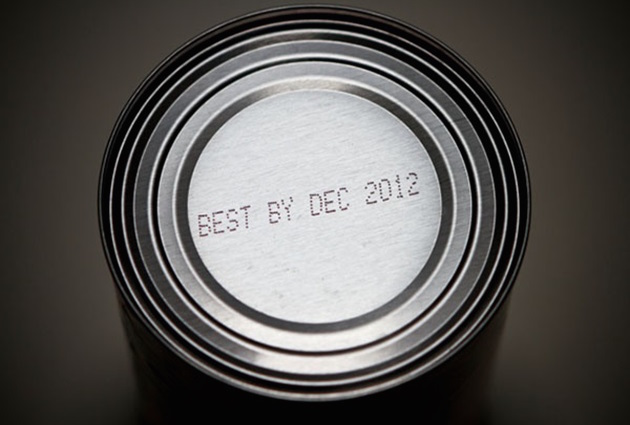Friday night, you are watching TV. Your favorite late night show is on. Just minutes into the show, your stomach grumbles. No worries, you left some pizza in the fridge. Wait, when exactly did you buy that pizza? Was it last week? You take a piece out and notice a familiar gray spot….mold. You certainly can’t eat that…or can you? Is it okay to just cut out the bad bits and eat the rest? After all, the mold hasn’t spread because you can’t see it. Or has it? What about that loaf of bread way past its expiry date but has no mold visible? What about those baked beans that are screaming to be thrown out based on the dreaded expiry date?
This leads us to define what exactly is meant by expiry/sell by/best before dates (the most common). Although these may sound the same, they are slightly different. Are they just a formality or are they actually important? Let’s see;
Expiry date
This is perhaps the most important to consider because it indicates when last the product should be used before it is expected to go bad or decline in quality and/or effectiveness. Expiry considers both the quality of product and the safety.
Sell by date
This is primarily for the shop/store that sells the product. It indicates how long the product should be displayed for sale in regards to quality. It does not necessarily mean that the product will go bad afterwards. Ideally, the store should pull down the item after this date but in reality this does not happen.
Best before
The date refers strictly to quality and does not consider safety. One may choose to consume the product after this date but should expect a lower quality from it. This can be compared to “guaranteed fresh” which is usually reserved for baked goods.
Now that the definitions are out of the way, on to the confusing part. Food dating systems are not always accurate since they can lead to good food being wasted or low quality products being consumed. It has been shown that food safety or quality is not always dictated by the time it spends on the shelf (although this is a major factor), but by how much time it spends outside the recommended temperatures. This has everything to do with the science. It may be due to the micro organisms existing in the food or the moisture content in the food which are usually temperature sensitive. Let’s leave the science to the scientists shall we?
I won’t go on to list the foods which you should most definitely not eat or which you can eat past the expiry date because I take an all or nothing approach. However, animal and organic products are the most sensitive and you should definitely steer clear of them after the expiry date is passed.
The effects of eating expired food can vary from none to severe. Allergic reactions and food poisoning are the most common effects although consuming these foods may lead to none of these. So, next time you reach for that loaf of bread, can of meat, juice e.t.c., remember to check the date. Go in faith and stick to this easy guideline; If it is past the date, better leave it alone. Just reach for something fresher which is usually at the back and consume it within the time limit.
★★ Get our FREE Mobile app, Recommended by 90+ Doctors. Stay Healthy! ★★

Very interesting article. This means that we must take precautions with emergency stored products. Lots of emergency foods are usually stored for over a decade underground, in attics, and walls.
l have safely eaten foods that were more than 5 years past date, & l have had to throw away food that was well within date. A little common sense is a good thing. l have called companies to discuss dating policies & safety.
l have had emergency food that was overdue to be rotated or tossed. Health & safety is a priority. l will toss if need be, but it really bugs me if l have to toss food that l know is good, knowing that there are people going hungry. (Sorry, this is one of my pet peeves, & l get a little carried away.)